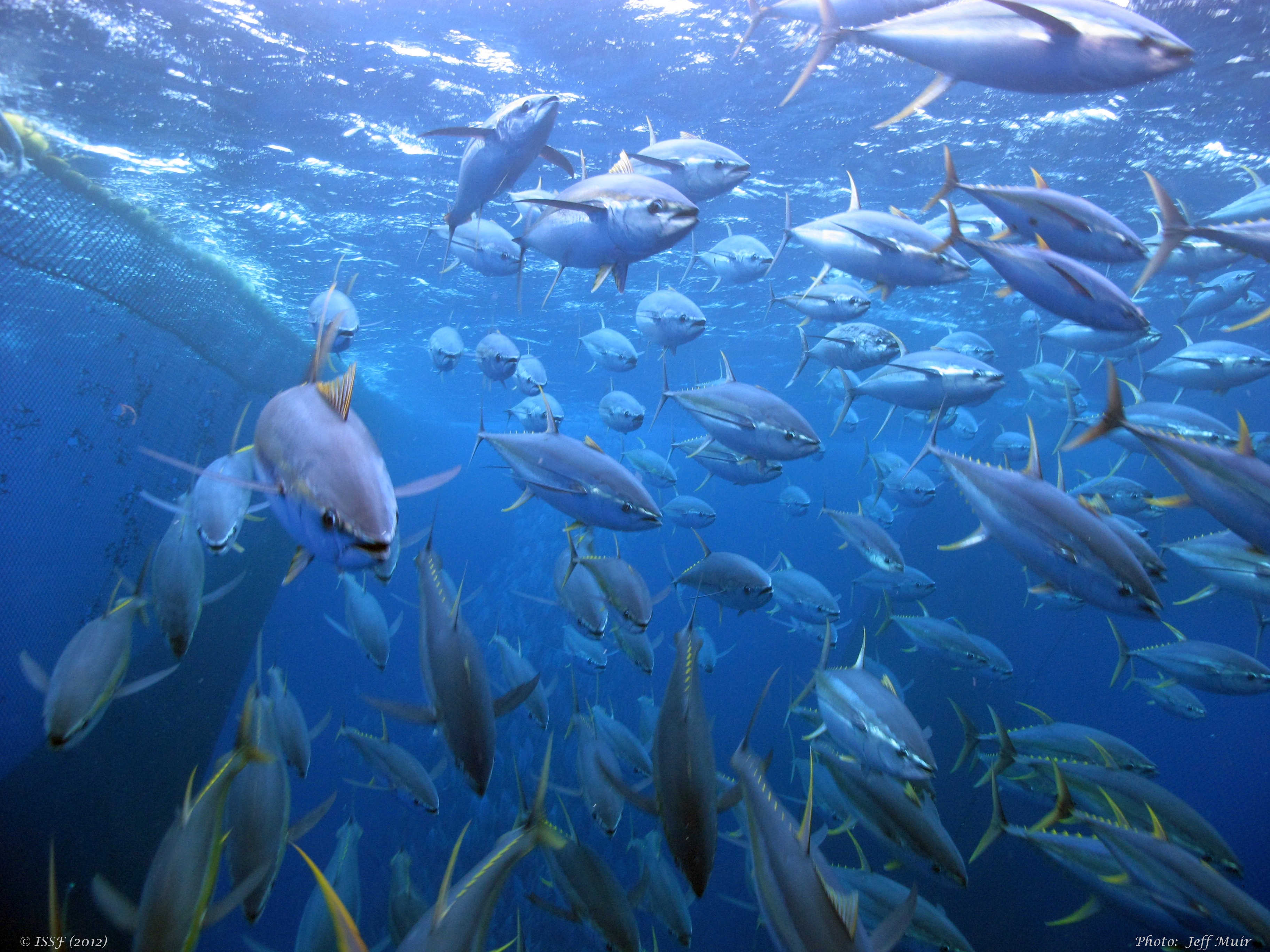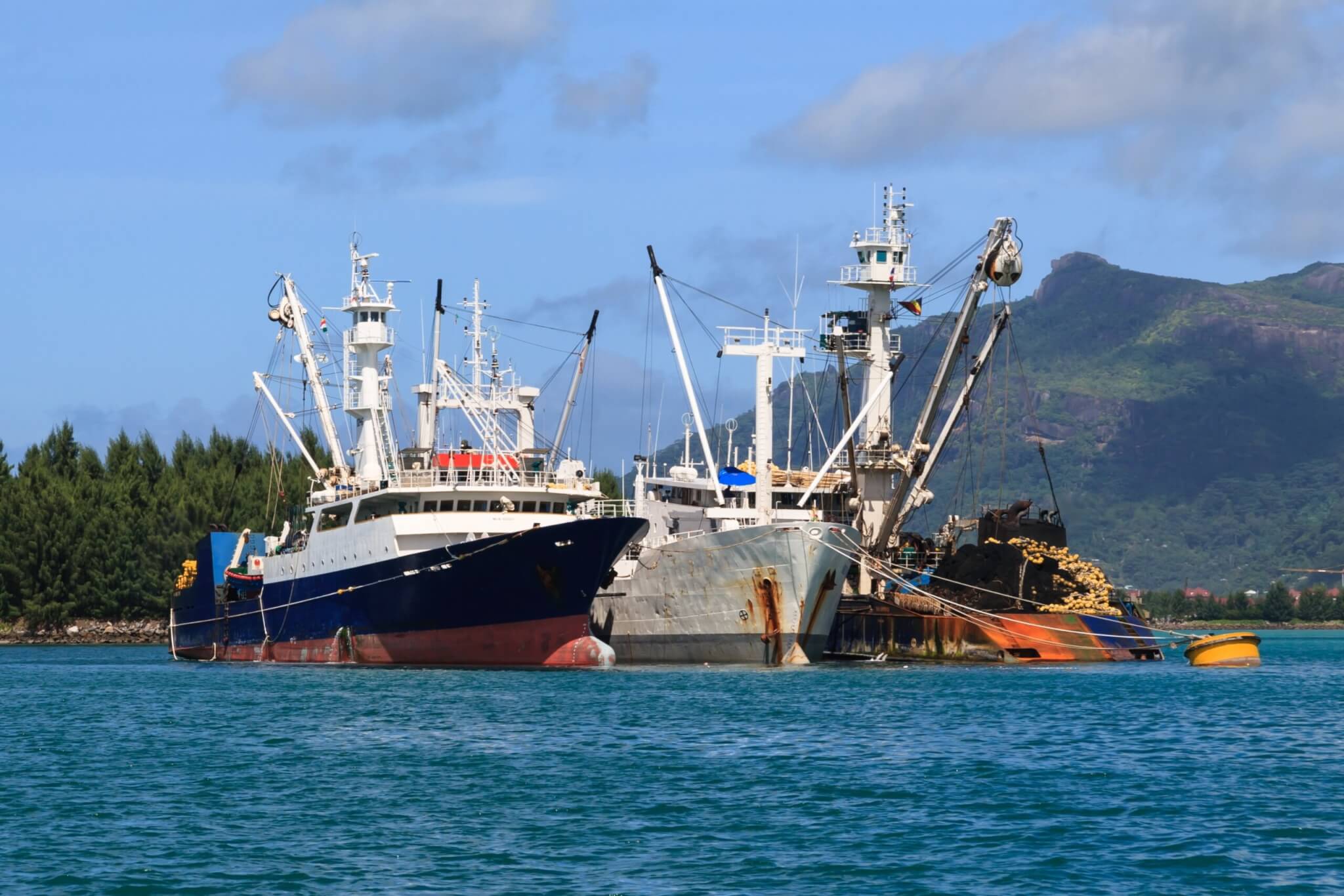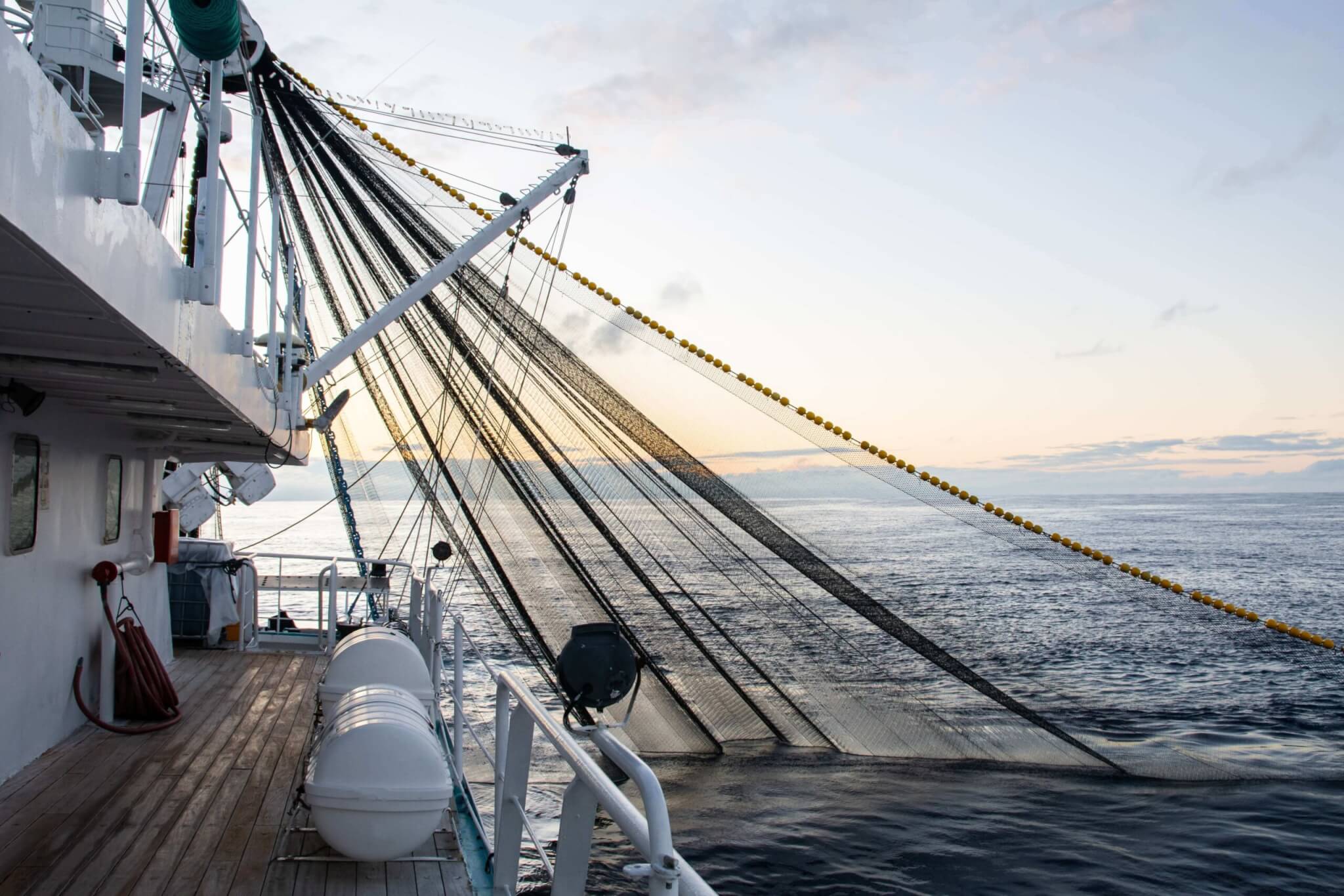
Stronger Management & Better Data Are Key to Protecting Tropical Tunas in Atlantic Fisheries
In the Atlantic Ocean region, managers will soon have the opportunity to improve the sustainability of their tropical tuna fisheries. They must seize that opportunity.
Two species of tuna are of special concern this year — bigeye and yellowfin. The latest data definitively indicate that the region’s bigeye tuna stock is overfished and subject to overfishing; yellowfin tuna may be experiencing overfishing as well.
How did we get here? For bigeye tuna, the total allowable catch or TAC — a control measure that limits the overall catch for a specific fish stock, as agreed to by fishery managers — has been exceeded by about 20 percent in recent years. And TACs for yellowfin tuna are exceeded by anywhere from 17 to 37 percent annually.
A major complication is that the tuna catch limit for yellowfin tuna is not allocated between fishing gears or nations operating in the Atlantic Ocean — and only partially allocated between fishing nations for bigeye. This lack of accountability regarding catch limits makes it difficult to take corrective measures when the limits are exceeded. When the adopted limits are not real limits, how can we manage a fishery?
That’s why our organization, the International Seafood Sustainability Foundation — in an appeal echoed by our many stakeholders — is asking fisheries managers at the International Commission for the Conservation of Atlantic Tunas (ICCAT) to act decisively at their annual meeting in Croatia this month. Managers must take action to reduce the mortality of bigeye and yellowfin tuna in the purse seine fishery. Potential measures, in addition to fully allocated catch limits, could include:
- Expanded time/area fishery closures and fishing effort controls;
- Limitations on the use of supply and support vessels; and
- Strengthened fish aggregating device (FAD) management.
Why FAD Management?
Fundamental to our request for strengthened FAD management is an urgent need for improved FAD data reporting at ICCAT. But why the focus on FADs in the first place?
FADs are man‑made floating objects specifically designed to encourage fish aggregation around them. In the Atlantic, they are set to drift in the open ocean (drifting FADs). FADs are widely used as a fishing method due to their high efficiency, although they have been associated with several negative ecosystem impacts, such as bycatch and overfishing.
With approximately 50 percent of the Atlantic’s tropical tuna caught using FADs, it’s clear that progress toward sustainable tuna must include improving how fisheries managers regulate FAD use. Strengthened FAD management, together with full quota accountability, can address the overfishing of bigeye and yellowfin tuna in the region, as well as effective tuna management overall.
Yet managers at ICCAT are severely constrained in their work to better manage FADs due to a fundamental lack of data. Since 2013, ICCAT has required the submission of FAD data for scientific use. But each year only a handful of the fishing nations operating in the ICCAT region are submitting the required data. What little data is submitted is typically incomplete, hindering stock and broader fisheries analyses by the ICCAT scientific committee.
ICCAT must take action in Croatia to identify those countries that continually fail to comply and to ensure that FAD data reporting requirements are met. ISSF urges managers to also listen to the experts on their scientific committee: immediately adopt the recommended definitions and data reporting formats to improve the implementation of this essential reporting requirement.
As I head off to the ICCAT meeting, I hope you will join our efforts to urge progress on these priorities by advocating for action before and during the upcoming meeting in Croatia. You can do this by meeting with (1) the national delegations that will be tabling proposals and making the decisions at the meeting, (2) vessel and industry representatives that attend as part of these national delegations and who exercise influence over the positions the governments take, and (3) FIPs, tuna processors, retailers, and buyers to encourage them to also advocate for this concrete action at ICCAT.
We will continue to work cooperatively with all ICCAT delegations to achieve positive results for the tunas and ecosystems of the Atlantic Ocean.


